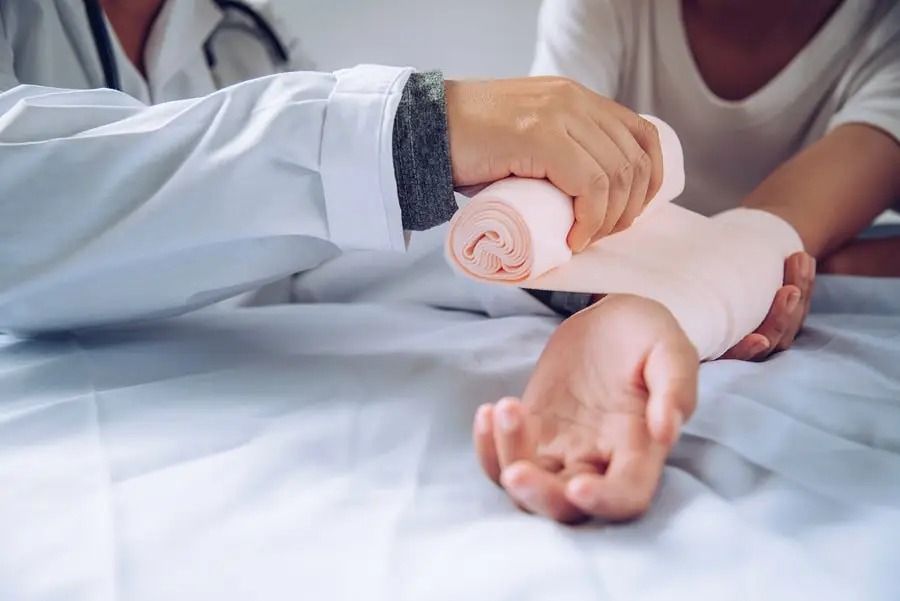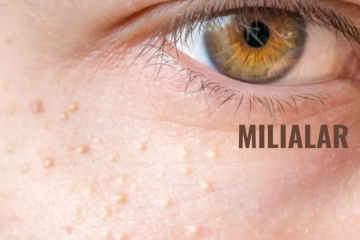When embarking on a cruise, passengers anticipate a relaxing and enjoyable experience. However, medical emergencies can occur, and passengers expect competent care when they do. Unfortunately, cases of medical malpractice on cruise ships are not uncommon, leaving victims needing advocacy and support. Navigating the complexities of seeking justice and adequate care can be daunting, especially in an environment where legal and medical standards vary significantly from land-based institutions. We will explore the critical role of patient advocacy and support in assisting cruise ship medical malpractice victims, highlighting the unique challenges they face and the resources available to them.
Understanding Cruise Ship Medical Malpractice
Medical malpractice on cruise ships involves negligent acts or omissions by healthcare professionals that harm passengers. This can include misdiagnosis, delayed treatment, surgical errors, and inadequate emergency response. Cruise ship medical facilities often need more resources and personnel, which can contribute to substandard care. The transient nature of cruise ship operations further complicates accountability, as medical staff may be from various countries with differing qualifications and standards. Victims of such malpractice face unique challenges in proving negligence and obtaining compensation due to the jurisdictional complexities of maritime law. Understanding these intricacies is essential for effective patient advocacy and support.
The Role of Patient Advocacy
Patient advocacy involves representing and protecting patients’ interests and ensuring they receive appropriate care and support. Advocates play a crucial role in helping cruise ship medical malpractice victims navigate the legal and medical systems. They provide emotional support, assist in gathering medical records and evidence, and guide victims through filing complaints and claims. Advocacy groups also work to raise awareness about the issue, lobbying for better regulations and standards for medical care on cruise ships. By empowering victims with knowledge and resources, advocates help them pursue justice and improve the overall healthcare quality on cruise ships.
Legal Support and Compensation
Seeking legal redress for medical malpractice on cruise ships is often complex due to the overlapping jurisdictions of maritime law, international regulations, and the laws of the country where the cruise line is registered. Victims typically need to file claims within a specific timeframe and in a designated court, which may not be in their home country. Legal support is vital in navigating these challenges. Lawyers at https://www.aronfeld.com/practice-areas/cruise-ship-injuries/cruise-ship-medical-malpractice/ in maritime and medical malpractice law can help victims understand their rights, gather evidence, and build a strong case. They also negotiate settlements or represent victims in court to secure compensation for medical expenses, lost wages, and pain and suffering. Adequate legal support can make a significant difference in the outcomes for victims of cruise ship medical malpractice.
Medical Support and Rehabilitation
Beyond legal assistance, victims of medical malpractice on cruise ships often require ongoing medical support and rehabilitation. Ensuring access to quality healthcare is a critical aspect of patient advocacy. Advocates work to connect victims with healthcare providers who can offer specialized treatment and rehabilitation services. This may include physical therapy, psychological support, and long-term medical care. Advocates also help coordinate care and navigate insurance issues, ensuring victims receive treatment without undue financial burden. Comprehensive medical support is essential for the recovery and well-being of malpractice victims, helping them regain their health and quality of life.
Raising Awareness and Promoting Change
Advocacy efforts extend beyond individual cases to address systemic cruise ship medical care issues. Raising public awareness about the risks and realities of medical malpractice on cruise ships is crucial for driving change. Advocacy groups campaign for better regulations and standards, pushing for mandatory accreditation of shipboard medical facilities and higher qualifications for medical staff. They also ensure that passengers are informed about their rights and the available resources in case of medical emergencies. By shining a light on these issues, advocates can influence policy changes and improve the overall safety and quality of healthcare on cruise ships, benefiting all passengers.
Emotional and Psychological Support
In addition to legal and medical assistance, emotional and psychological support is crucial for cruise ship medical malpractice victims. Experiencing medical malpractice can be traumatic, leading to feelings of fear, anxiety, and helplessness. Patient advocates often collaborate with mental health professionals to provide counseling and support services tailored to the needs of malpractice victims. These services can help individuals process their experiences, manage stress, and cope with long-term emotional impacts. Group therapy sessions and support networks can also offer a sense of community and shared understanding, allowing victims to connect with others who have faced similar challenges. By addressing the emotional and psychological aspects of recovery, advocates contribute to the holistic well-being of malpractice victims, helping them rebuild their lives with resilience and hope.
Victims of cruise ship medical malpractice face numerous challenges in seeking justice and adequate care. Patient advocacy and support are indispensable in helping them navigate these complexities, from legal assistance to medical support and rehabilitation. Advocates provide vital resources, emotional support, and guidance, empowering victims to pursue justice and recovery. Additionally, advocacy efforts aim to raise awareness and promote systemic changes, improving cruise ship healthcare standards and ensuring better passenger protection.



